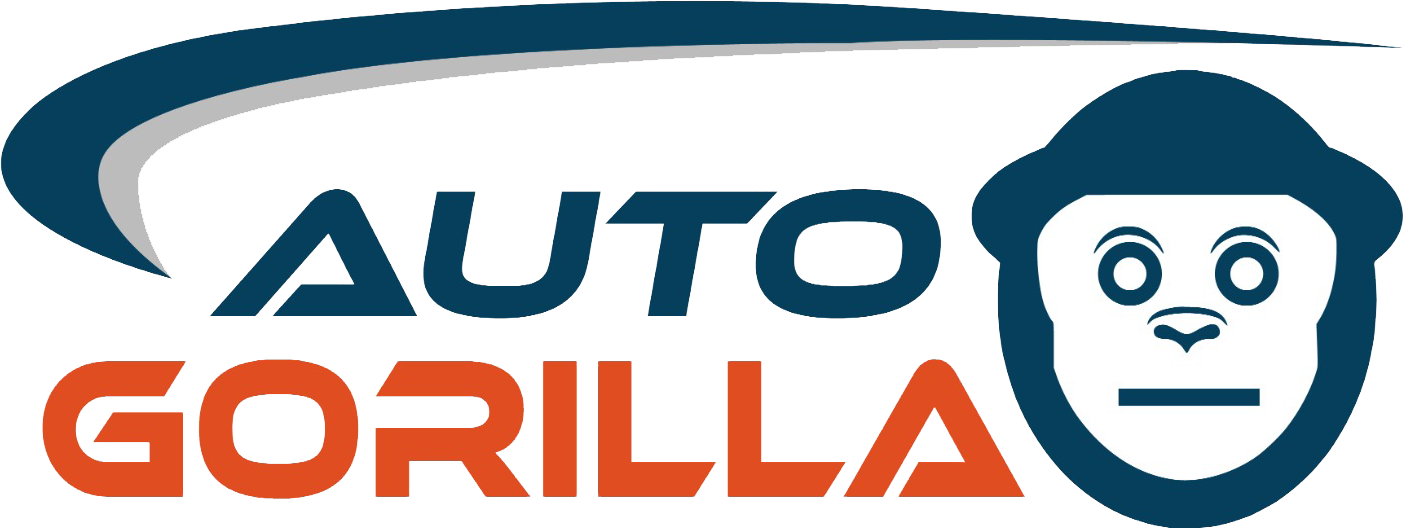Product Description:
Many modern jet engines require fit-for-purpose lubricant products that can handle high speeds, temperatures, and related stresses without breaking down or forming deposits. As such, lubricant performance is a significant contributor to extended engine life, longer maintenance cycles, and fewer commercial disruptions.
Since the birth of modern aviation, Shell Aviation has been providing quality fuels, lubricants and associated services to the aviation community. For more than 100 years, Shell has played a crucial role in many landmark events in the aviation industry – including helping Sir Frank Whittle develop the jet engine. Today, Shell Aviation offers a wide range of lubricating oil products, including the latest generation of synthetic oils capable of taking turbine engine performance to new heights.
Proven performance for confident commercial operations
AeroShell Turbine Oil 560 (ASTO 560) is the third generation 5-centistoke synthetic hindered ester lubricating oil, designed to provide commercially viable performance and benefits such as reduced coking and improved wear resistance for modern jet engines. Formulated to cope with demanding operating conditions, ASTO 560 has consistently delivered the right balance of performance and cost efficiency to the global aviation industry over the past 25 years.
Features and Benefits:
ASTO 560 is developed based on a deep understanding of commercial aviation requirements. The result is a versatile lubricating oil proven to deliver cleaner engines, more reliable operational performance and longer maintenance cycles.
Reduced coke formation: Coke formation and shedding can be disruptive to airline operations. Reduced coke deposits can lower maintenance costs and increase on-wing life.
Fully compatible with other approved oils: No engine problems such as coke shedding and oil filters blocking is experienced when changing from one approved oil to ASTO 560, in accordance with the procedure outlined in the relevant engine service bulletin.
No adverse effect on elastomer seals: ASTO 560’s full compatibility with all elastomer seal materials reduces the possibility of oil leaks, which could lead to expensive engine overhauls or even an in-flight engine shutdown.
Good oxidative and thermal stability: The use of ASTO 560 reduces the occurrence of oxidative and thermal degradation of the oil at high operating temperatures, which could result in high overhaul and maintenance costs due to:
An increase in oil viscosity, which may result in the need for oil change
An increase in acidity, which could lead to the corrosion of gears and bearings
Sludge formation in the oil system, causing the blockage of oil jets and filters
Health and Safety:
AeroShell Turbine Oil 560 is unlikely to present any significant health or safety hazard when properly used in the recommended application, and good standards of industrial and personal hygiene are maintained.
 View All
View All











